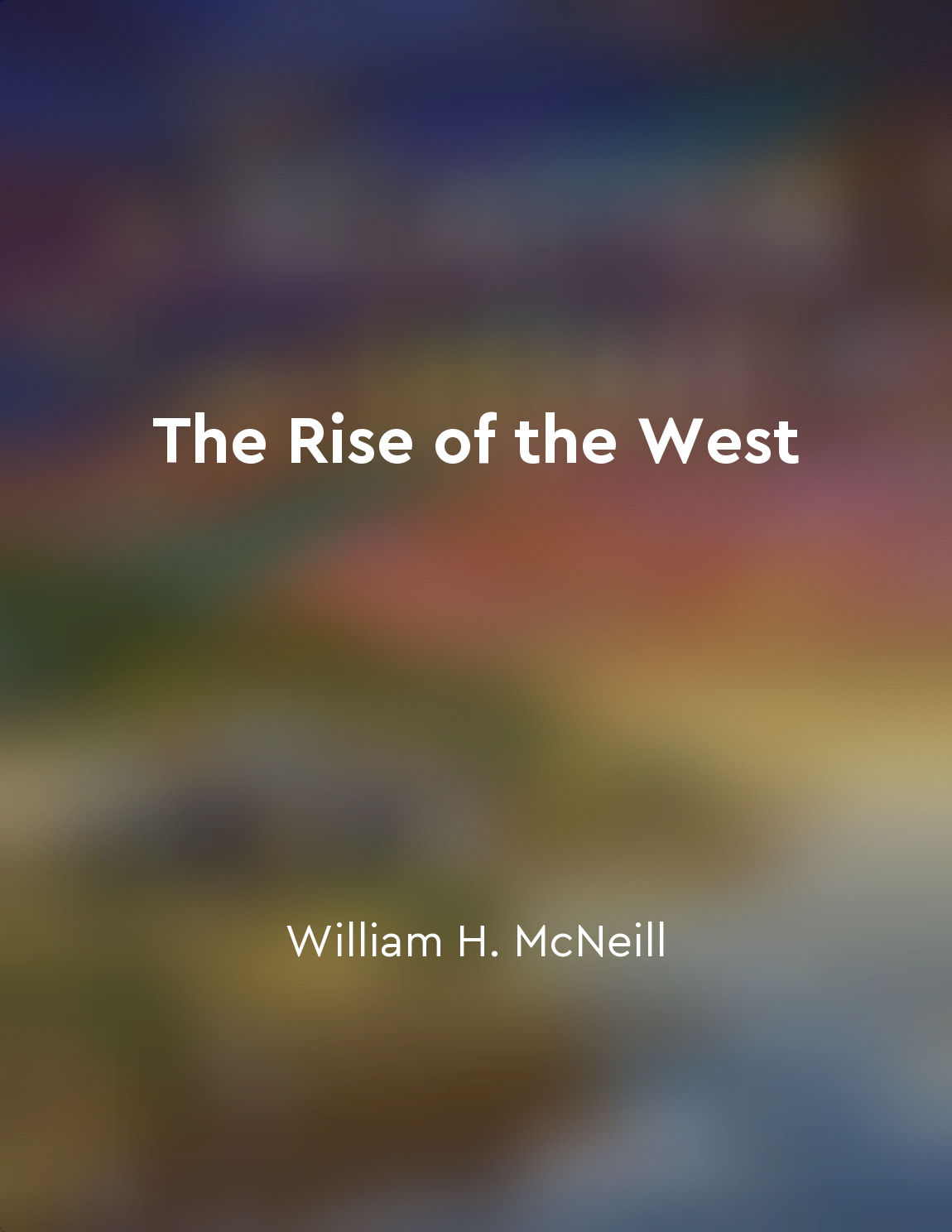Social factors play a role in shaping economic development from "summary" of Theory of Economic Growth by W. Arthur Lewis
W. Arthur Lewis emphasizes the significance of social factors in influencing economic development. He underscores that economic growth is not solely determined by technological advancements or capital accumulation. Rather, social factors such as culture, education, institutions, and social norms play a crucial role in shaping the trajectory of economic development. Lewis highlights how social norms and cultural beliefs can impact the way individuals engage in economic activities. For instance, certain cultures may prioritize communal well-being over individual gains, leading to different approaches to entrepreneurship and wealth accumulation. Similarly, education plays a vital role in providing individuals with the necessary skills and knowledge to participate effectively in the economy. Moreover, institutions, such as property rights, legal systems, and governance structures, are essential for creating an environment conducive to economic growth. Strong institutions can provide stability, predictability, and protection for individuals and businesses, fostering investment and entrepreneurship. On the other hand, weak or corrupt institutions can hinder economic development by fostering uncertainty and inefficiency. Lewis also points out that social factors can influence the distribution of wealth and resources within a society. Inequality, whether based on gender, race, or socio-economic status, can have profound implications for economic development. Unequal access to opportunities, resources, and education can limit the potential for growth and innovation, leading to a less productive economy.- W. Arthur Lewis argues that social factors are integral to understanding economic development. By recognizing the importance of culture, education, institutions, and social norms, policymakers can design more effective strategies to promote sustainable and inclusive growth. Ultimately, addressing social factors can help create a more equitable and prosperous society for all its members.
Similar Posts

Increased trade facilitates cultural exchange
Increased trade between different regions has played a crucial role in facilitating cultural exchange throughout history. When ...
Investigate the role of women in shaping historical events
The annals of history are often filled with the deeds and actions of great men, their triumphs and defeats shaping the course o...

The lives of the poor are characterized by uncertainty
The poor live in a state of perpetual uncertainty. They face a multitude of risks every day, from health problems to job insecu...
Entrepreneurship is a popular career choice
Entrepreneurship has become a highly sought-after career path in today's world. The allure of being one's own boss, taking risk...

Luxury and wealth perpetuate inequality in society
Luxury and wealth have long been the driving forces behind the perpetuation of inequality in society. As individuals amass more...
Disease transmission is influenced by geography
Geography plays a crucial role in determining how diseases spread among human populations. The distribution of different diseas...
Language structures human thought
The concept that language structures human thought lies at the heart of understanding how our minds have been shaped over the c...
Introduction to Indian Economy
The Indian economy is a complex and dynamic system that plays a crucial role in the country's overall development. It encompass...

Agriculture revolutionizes human societies
The Agricultural Revolution was the most momentous transformation in the history of humankind. For millions of years, humans li...

Culture shapes human behavior and beliefs
Culture is not just about rituals and traditions; it is a powerful force that influences every aspect of human life. From the w...

